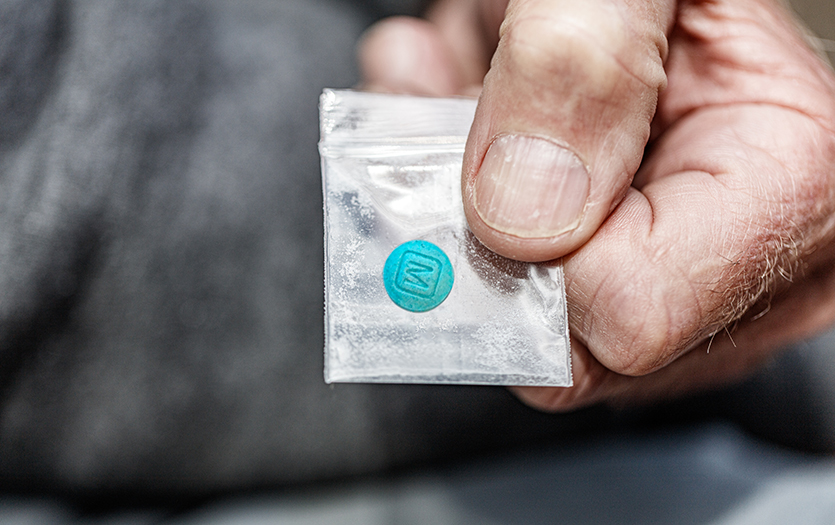
This post was written based on an appearance by Josie Dean, NP, PPG – Psychiatry, on the wane15 program Real Talk on Mental Health.
In my experience, the fentanyl epidemic crosses all socioeconomic barriers. It doesn't discriminate, and the truth is, it's a deadly game that’s taking more lives than ever.
Know the risk and the resources
While drug use has always been a risky behavior, it is more dangerous now than ever. Unfortunately, fentanyl is mixed in with every other substance on the street. People might think they’re buying methamphetamine, for example, but end up ingesting fentanyl. It’s frightening and impossible to know what you’re really getting without testing it.
Understanding the risk is critical, as is knowing what resources are available to those struggling. There's somebody out there that's willing to talk, who won't judge. We will listen to them and get them to a better place. There's help and hope.
How to help someone struggling
If someone you know is struggling with substance use, call the Parkview Behavioral Health Institute (PBHI) HelpLine. Since these individuals are often malnourished, dehydrated and suffering from significant withdrawal syndromes, the safest place to bring them is the closest emergency room. If they don’t want to go ER, or are otherwise well, the HelpLine can provide information about walk-in hours at our MAT clinics.
They can't stop using these substances on their own. They will likely need a care plan such as medication assisted treatment (MAT), and that comes in all forms.
If you are struggling with drug use
The biggest step is to come in and talk to the PBHI team. Realize that we know the struggles that individuals have every day, and we understand the shame and guilt that goes along with that. We won't judge. We just want to help you so you don't end up as another casualty.
Here to help
If you have concerns, call the PBHI HelpLine at 260-471-9440 or 1-800-284-8439 to receive an assessment or learn more about our services 24 hours a day, seven days a week. You can read more about our substance use disorder services here.



